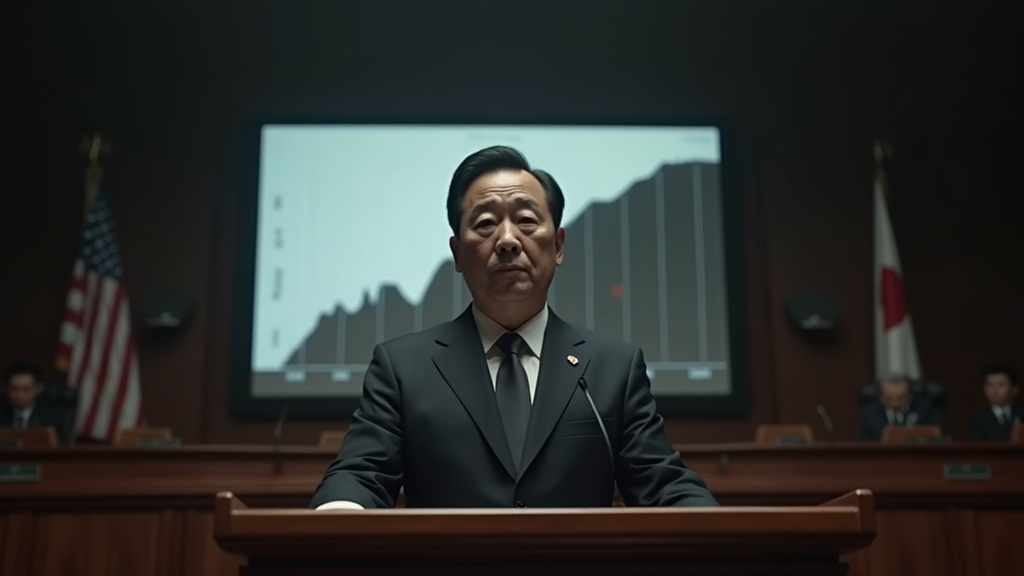Historic Global Digital Governance Summit Convenes in Paris
Delegates from over 100 nations have converged upon Paris this week for a landmark event: the inaugural Global Digital Governance Summit. Hosted by the United Nations, this critical gathering, running from October 15-18, 2025, represents a concerted international effort to address the escalating complexities and challenges of the digital age. Against a backdrop of rapid technological advancement and growing digital divides, representatives from major global powers, including the United States, the European Union, China, and India, are engaging in intensive negotiations aimed at establishing foundational international frameworks for governing the digital realm.
Key Agenda Items: AI, Data Flows, and Cybersecurity
The summit’s ambitious agenda centers on three interconnected pillars deemed essential for global digital stability and cooperation: regulating artificial intelligence (AI) development, establishing protocols for cross-border data flows, and enhancing international cybersecurity standards. The unchecked development of AI, with its profound implications for labor markets, ethics, and national security, necessitates global coordination. Similarly, the movement of data across borders has become vital for the global economy but also raises complex issues of privacy, sovereignty, and security. Cybersecurity threats, ranging from state-sponsored attacks to criminal enterprises, require collective defense mechanisms and shared norms.
The urgency of these discussions is underscored by the increasing frequency and sophistication of digital challenges that transcend national borders. Participants are tasked with the monumental challenge of finding common ground amidst diverse national interests, regulatory philosophies, and technological capabilities.
Navigating Contentious Issues: Ethics, Surveillance, and Privacy
Despite the shared recognition of the need for global digital governance, the summit faces significant hurdles, particularly concerning the ethical dimensions of AI and the delicate balance between state surveillance capabilities and individual privacy rights. Establishing common international frameworks for AI ethics is a major point of contention. Discussions involve defining principles related to AI transparency, accountability, fairness, and the prevention of bias. Different nations hold varying perspectives on the level of regulation required and the extent to which governments should intervene in AI development and deployment.
The issue of state surveillance versus privacy rights is equally, if not more, complex. As digital technologies enable unprecedented levels of data collection and analysis, concerns about government overreach and the erosion of civil liberties have grown globally. Delegates are grappling with how to define acceptable limits on state access to data, ensure due process, and protect the fundamental right to privacy in the digital sphere. Finding a universally acceptable standard that respects both national security needs and individual rights is a significant challenge, marked by historical differences in legal traditions and political systems.
The Path Towards a Binding International Treaty
A primary objective driving the intense negotiations in Paris is the ambition to draft a binding international treaty on digital governance by the year’s end. This ambitious timeline reflects the perceived urgency of the issues at hand. Such a treaty would aim to provide a predictable and stable international legal environment for digital technologies and activities. Negotiators are working through complex legal and technical details, attempting to synthesize national laws and policies into a cohesive global framework.
The potential scope of the treaty is vast, potentially covering areas like responsible AI innovation, data localization versus free flow, standardized cybersecurity information sharing protocols, and mechanisms for dispute resolution. The success of this endeavor hinges on the willingness of participating nations, particularly the major technological and economic powers present, to make concessions and commit to shared principles and enforceable obligations.
Global Implications and Future Prospects
The outcomes of the Global Digital Governance Summit in Paris could have far-reaching implications for the future of the internet and digital technologies worldwide. A successful summit culminating in a meaningful treaty could foster greater international cooperation, mitigate digital conflicts, and create a more secure and equitable digital future. It could also set precedents for how the international community addresses other rapidly evolving technological frontiers.
Conversely, failure to reach consensus or a breakdown in negotiations could lead to further fragmentation of the digital world, characterized by competing national regulations, increased protectionism regarding data, and a heightened risk of cyberconflicts. The presence of delegates from over 100 nations underscores the universal nature of the challenges and the shared stake in the summit’s success.
The four days of talks in Paris represent a critical juncture in the effort to bring order and governance to the digital frontier. As the summit progresses towards its conclusion on October 18, 2025, the world watches closely to see whether nations can bridge their divides and forge a path towards a cooperative framework for the digital age.





